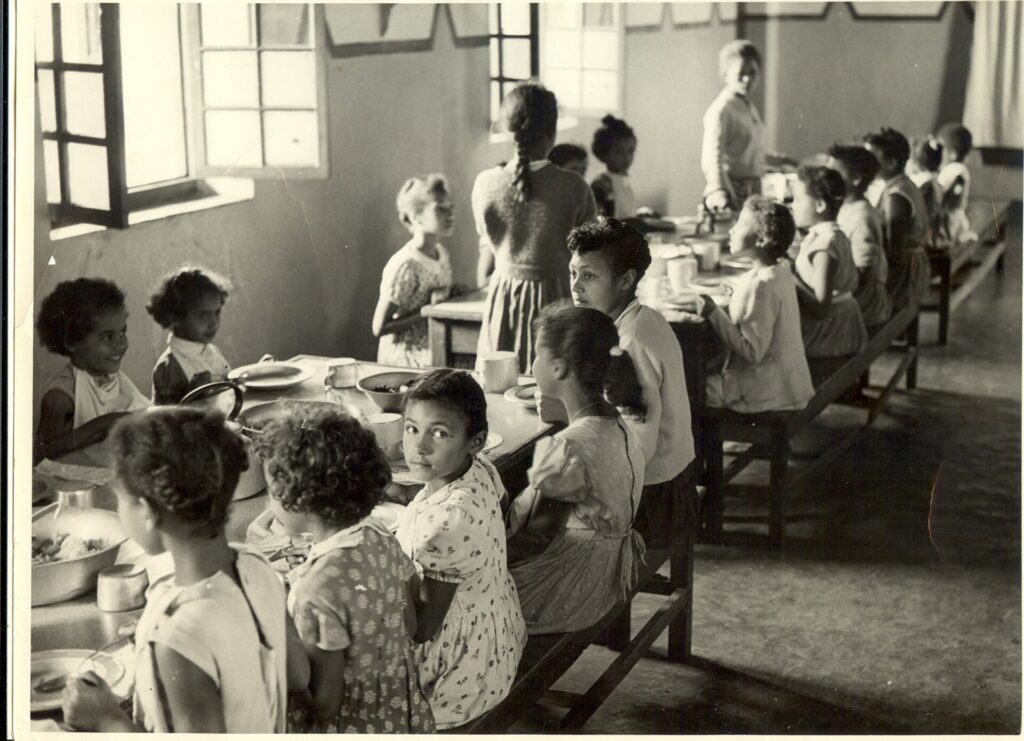The House adopted on Thursday a Socialist Party (PS) bill that makes it easier for the 14,000 to 20,000 ‘Métis’ – persons of mixed race - born of colonisation to consult colonial archives.
Persons requesting to know the identity of their parents, brothers or sisters will be able to access, with fewer privacy constraints, public or private archives in order to identify and be able to contact them.
Concretely, the proposed law creates a legal basis, as required by the General Data Protection Regulation, for allowing children separated from their parents or siblings to access archives fully and completely in a scientific framework, and no longer have to resort to the consent of the sought-after persons, who are often missing or deceased.
Between 14,000 and 20,000 mixed-race children born from unions between white men stationed in Congo and Ruanda-Urundi, and Rwandan, Burundian or Congolese women were taken from their mothers and forcibly brought back to Belgium. Some were also hidden locally, often in boarding schools run by religious congregations.
In 2018, Belgium recognised the segregation of the Métis.
In adopting the proposal, Belgium has made several commitments, including guaranteeing access to the colonial archives for people who would like to know their history and trace their family background.
Member of Parliament Malik Ben Achour welcomed the vote, which comes after the failure of the ‘Colonial Past Commission’ at the end of last year to agree on conclusions.
“After the failure of the Colonial Past Commission, we said we wanted to continue to improve access to archives, and more specifically for the Métis in their research on their family composition. This has been done,” he said.

